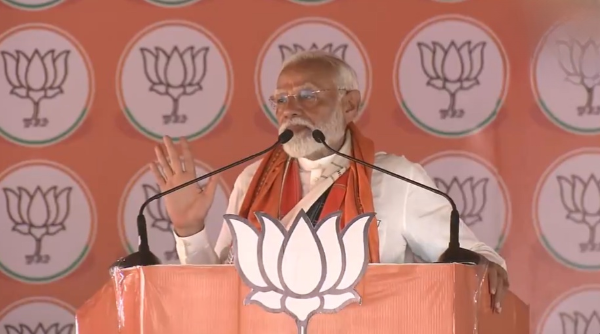Prime Minister Narendra Modi, in a public gathering in Patliputra, Bihar, expressed his concerns over the Congress party’s decision to change the laws related to minority institutions. He accused the Congress of making these changes overnight to satisfy their vote bank, which led to the declaration of thousands of institutions as minority institutions.
The Prime Minister pointed out that before these changes, Scheduled Castes (SC), Scheduled Tribes (ST), and Other Backward Classes (OBC) used to get full reservations during admission to these institutions.
These comments from the Prime Minister come at a time when the reservation policies in India are under intense debate. As it stands, about 60% of seats in government jobs and higher educational institutions are reserved for various sections like ST, SC, OBC, and Economically Weaker Sections (EWS).
However, the Supreme Court has ruled that SC/ST/OBC reservation does not apply to minority educational institutions. The government cannot mandate such institutions to provide reservations to SC/ST/OBC candidates. This ruling has ignited a debate over the equilibrium between minority rights and social justice.
The Congress-led government in 1981 made amendments to the laws governing minority institutions, including granting minority status to Aligarh Muslim University (AMU) among others. However, the Supreme Court has stated that these amendments did not bestow the “complete minority character” on AMU.
The Prime Minister’s comments have stirred the ongoing discussion on the intricate relationship between minority rights and affirmative action in India. The resolution of this debate could have far-reaching implications for the future of educational policies in India.



